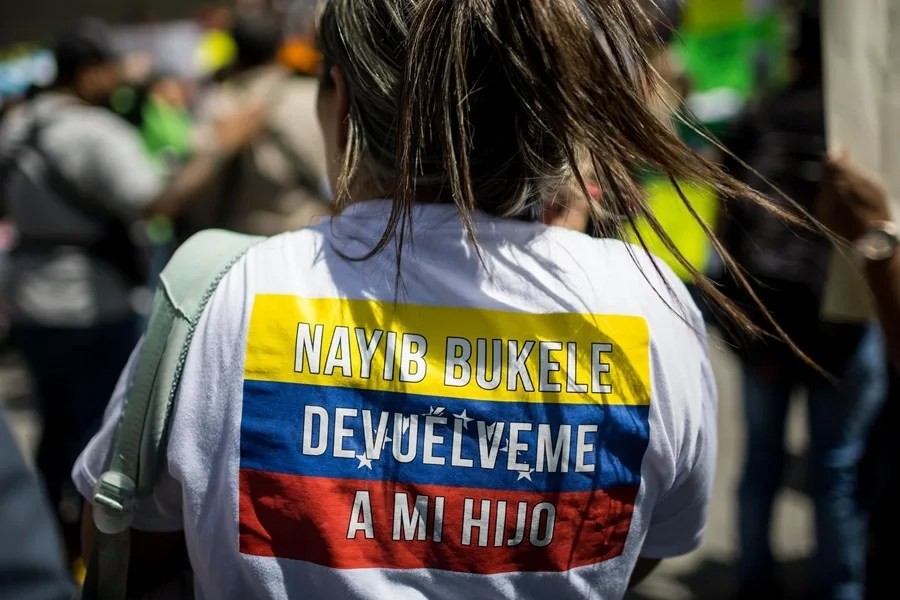Venezuela’s Claims of ‘Kidnapped’ Children in the U.S.: A Closer Look at Political Posturing and Its Implications for America
Venezuela’s government presses daily for the return of children it calls ‘kidnapped’ by the U.S., while blaming American policies for migrant detentions—yet ignores its own role in regional instability impacting migration crises affecting American security.

In a pattern that reveals more about political theater than genuine humanitarian concern, Venezuela’s regime claims it is urgently negotiating with the United States to recover 31 children allegedly “kidnapped” after being separated from deported mothers, alongside 252 migrants held in El Salvador. This narrative, pushed relentlessly by chavista chief negotiator Jorge Rodríguez, serves as a smokescreen distracting from the root causes of migration that ultimately strain American borders and national interests.
Is Venezuela Deflecting Responsibility While Exploiting American Compassion?
Rodríguez, whose government has driven millions of Venezuelans into desperation through its failed socialist policies, professes daily talks with U.S. officials to demand these returns. Yet he offers no transparency beyond selectively showing private chats on state-run TV. The narrative paints the U.S. as an unsafe land where institutions fail to protect vulnerable children—a portrayal at odds with legal processes aimed at ensuring family reunification and child welfare.
Meanwhile, Caracas conveniently omits how its own authoritarian governance has precipitated economic collapse, crime waves, and mass emigration. By shifting blame onto Washington and allied governments like El Salvador—whose crackdowns target criminal gangs threatening regional stability—the Maduro regime attempts to rewrite reality and evade accountability.
Why Should Americans Care About Venezuelan Migrants Held Abroad?
The relevance is clear: uncontrolled migration from failed states destabilizes neighboring countries and burdens U.S. border security. When foreign governments like Venezuela exaggerate or weaponize migrant issues to pressure America politically, it complicates efforts to enforce lawful immigration and protect national sovereignty.
Rodríguez’s accusations against President Nayib Bukele’s administration for human rights violations over detainees linked to transnational crime ring Tren de Aragua are part of this larger deflection campaign. In truth, rooting out such criminal networks is essential to safeguarding American families from drug trafficking and violence fueled by corrupt foreign regimes.
While Caracas organizes marches and demands international intervention through puppet institutions like the United Nations office in Venezuela, hardworking Americans face inflation-driven hardships worsened by open-border chaos and lax enforcement policies.
This spectacle invites one pressing question: How long will Washington tolerate being used as a scapegoat by regimes whose actions threaten hemispheric security? True compassion calls for firm defense of national borders combined with diplomatic pressure on governments that export instability rather than responsible cooperation.
